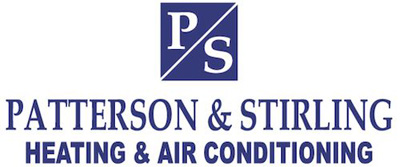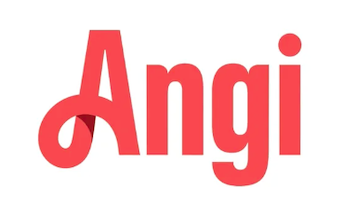
Big changes are on the horizon for the heating and cooling business! Cooling systems transitioning from R-410a to newer refrigerants like R-454B refrigerant and R-32 refrigerant will be implemented in 2025. These new coolants are developed to be friendlier to the environment and comply with new regulations about global warming. But what does that mean for your present HVAC system and future services?
This change will decrease the environmental effect of our air conditioning systems. In 2025, new AC systems will use a a different class of refrigerants that more closely match with climate goals. If you're considering getting an AC replacement soon, this is the opportune time to investigate how these changes can influence your home's comfort.
Why Exactly Is R-410a Being Phased Out?
For years, R-410a was the go-to refrigerant for residential air conditioners because of its efficiency. But analysis showed that R-410a still affects global warming. As a result, the Environmental Protection Agency (EPA) enacted an initiative back in 2021. The industry will progressively discontinue R-410a to make room for refrigerants that are better for the environment.
The HVAC industry has undergone changes like this before. When the industry moved away from using R-22 (commonly called Freon) to R-410a, homeowners like you had to adjust. And similarly, this shift will affect how systems are designed as well as the recommended procedures for HVAC maintenance. Both homeowners and HVAC technicians need to prepare for these new refrigerants if they wish to keep experiencing the safest, most cost-effective cooling possible.
New HVAC Refrigerants Replacing R-410a?
The upcoming refrigerants belong to the new "A2L" classification and contain the newest R-454B refrigerant and R-32 refrigerant coolants. They're engineered to deliver the same effective cooling while greatly lowering their global warming potential (GWP) compared to R-410a.
R-454B refrigerant is expected to be especially effective due to its GWP being approximately 78% less than R-410a. While R-454B refrigerant is technically more flammable than R-410a, updates to system designs and maintenance practices will ensure servicing is just as safe to perform. In addition, contemporary cooling systems using R-454B refrigerant are considerably more energy efficient, resulting in substantial savings on energy bills over time, especially if you stay on top of routine HVAC maintenance.
This switch isn't simply about substituting the refrigerant—it impacts the whole HVAC system because the components of R-454B refrigerant make it incompatible with older systems. Ultimately, every residence and business using R-410a will have to switch to one of the new systems.
R-410a Replacement: What Should I Consider in Order to Make the Shift to New HVAC Refrigerants?
Transitioning to the new refrigerants isn't as simple as substituting what's used in your home's HVAC system. That's because the distinct properties of R-454B refrigerant and R-32 refrigerant mean you can't use them in a system that uses R-410a. But don't worry—you can still use your current R-410a system for now. Just keep in mind that as time passes, the expense of repairs and tune-ups will go up as R-410a becomes less available.
Preparing in advance is the best way to stay on top of things. If your AC system is currently getting old, this is the best time to think about upgrading to a newer model that uses the new R-454B refrigerant. Plus, the staff here at Patterson & Stirling can support you with making the transition with flexible options for HVAC replacement financing.
What Type of Cooling Refrigerant Is in My HVAC System?
Unsure which refrigerant your AC system employs? In general, you can easily find this information by inspecting the label on your outdoor unit. This label indicates the type of refrigerant, the model number and many other specifications about your cooling system.
But if you can't read the label or don't have your user manual, don't stress! You can always call one of the professional technicians at Patterson & Stirling to assist you in figuring it out. Get all the information you need by giving us a call at 814-739-6977.



